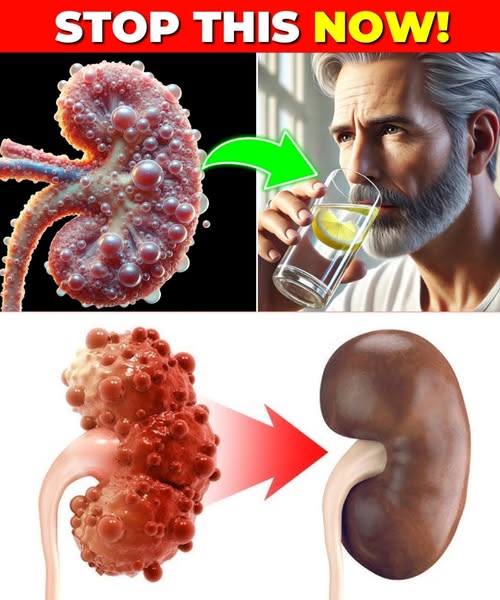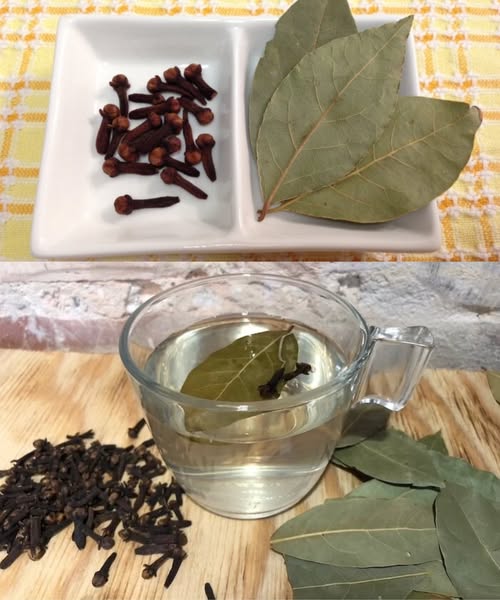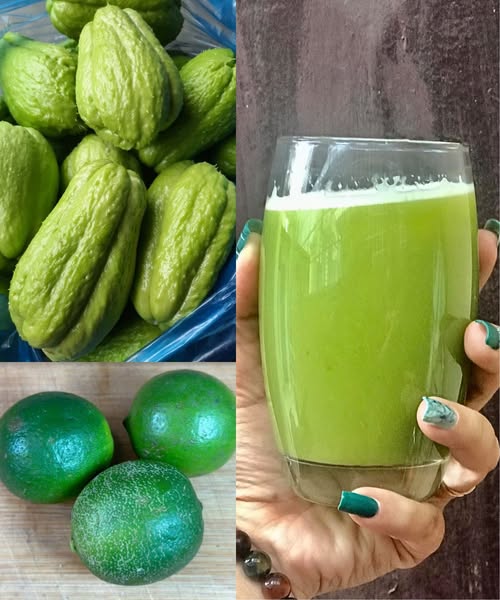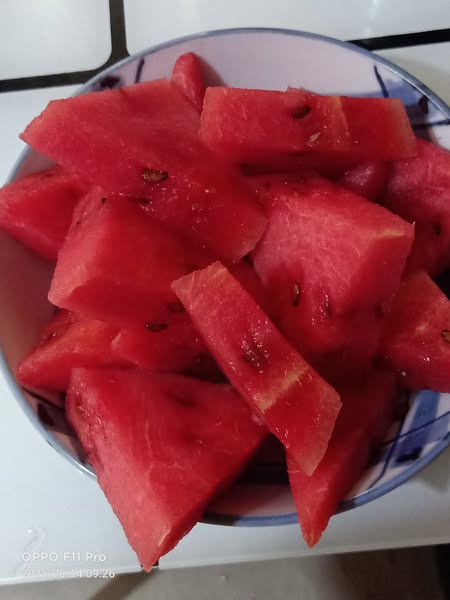Introduction: Your Kidneys Are Crying for Help – Here’s Why

Every day, your kidneys work tirelessly—filtering blood, balancing electrolytes, and eliminating toxins. But what if you’re unknowingly sabotaging these vital organs through your daily habits?
It’s a scary truth: kidney disease is often silent until it’s too late. According to the National Kidney Foundation, 1 in 3 Americans is at risk for kidney disease. And yet, the damage often stems not from rare illnesses, but from everyday behaviors most people dismiss as harmless.
In this article, we’ll expose 10 daily habits that are secretly damaging your kidneys, provide actionable solutions, and answer the most frequently asked questions about kidney health. If you’re serious about longevity and well-being, this is must-know information you can’t afford to ignore.
Let’s dive in and see if you’re unknowingly putting your kidneys in danger.
🚫 The 10 Everyday Habits That Are Hurting Your Kidneys
1. Consuming Too Much Salt 🧂
Why It’s Harmful:
Excess sodium forces your kidneys to work harder to excrete it, which increases blood pressure—a leading cause of kidney damage.
The Numbers:
The World Health Organization recommends less than 5 grams of salt daily, yet most people consume 9–12 grams.
Solution:
- Opt for fresh, whole foods.
- Read nutrition labels carefully.
- Replace salt with herbs and spices.
2. Not Drinking Enough Water 💧
Why It’s Harmful:
Chronic dehydration leads to kidney stones and reduced toxin elimination. Without adequate water, your kidneys can’t flush out waste properly.
The Numbers:
Aim for at least 2–3 liters of water daily, depending on body size and activity.
Solution:
- Start your day with a glass of water.
- Carry a water bottle.
- Set reminders to hydrate throughout the day.
3. Overusing Painkillers (NSAIDs) 💊
Why It’s Harmful:
Common medications like ibuprofen and naproxen reduce blood flow to the kidneys, leading to acute kidney injury when used frequently.
Solution:
- Use NSAIDs sparingly.
- Explore natural pain relief methods (e.g., turmeric, physical therapy).
- Always consult your doctor before prolonged use.
4. Eating Too Much Processed Food 🍟
Why It’s Harmful:
Processed foods are high in phosphorus additives, sodium, and unhealthy fats—all of which stress your kidneys.
Solution:
- Cook at home more often.
- Choose whole, unprocessed foods.
- Avoid snacks, canned soups, and fast food.
5. Holding in Urine Too Long 🚽
Why It’s Harmful:
Delaying urination increases pressure in your bladder, which can lead to urinary tract infections (UTIs) that may travel to the kidneys.
Solution:
- Make regular bathroom breaks a priority.
- Don’t ignore the urge to urinate.
6. Eating Too Much Protein (Especially Animal Protein) 🥩
Why It’s Harmful:
High-protein diets increase the kidneys’ workload, particularly in individuals with existing kidney concerns. Excess protein leads to nitrogen waste, which kidneys must filter.
Solution:
- Balance your intake with plant-based proteins.
- Monitor portion sizes.
- Consult a nutritionist if on a high-protein diet.
7. Excessive Alcohol Consumption 🍷
Why It’s Harmful:
Alcohol is a toxin, and large amounts can cause dehydration and increase blood pressure—two direct kidney stressors.
Solution:
- Limit alcohol to 1–2 drinks a day (or less).
- Stay hydrated if consuming alcohol.
- Choose alcohol-free alternatives when possible.
8. Smoking 🚬
Why It’s Harmful:
Smoking slows blood flow to the kidneys, accelerates damage, and doubles the risk of end-stage renal disease (ESRD).
Solution:
- Seek professional help to quit.
- Use nicotine patches, gum, or therapy.
- Join a support group or community.
9. Sleeping Too Little 😴
Why It’s Harmful:
Sleep regulates kidney function. Poor sleep can trigger metabolic dysfunction, high blood pressure, and insulin resistance—all linked to kidney decline.
The Numbers:
Aim for 7–8 hours of quality sleep each night.
Solution:
- Maintain a regular sleep schedule.
- Avoid screens before bed.
- Create a restful sleeping environment.
10. Ignoring Medical Conditions Like Diabetes & High Blood Pressure 🩺
Why It’s Harmful:
Diabetes and hypertension are the top two causes of kidney failure. Poorly managed conditions damage kidney blood vessels over time.
Solution:
- Monitor blood sugar and pressure regularly.
- Follow prescribed treatments.
- Adopt a kidney-friendly lifestyle.
💡 Frequently Asked Questions (FAQs) About Kidney Health
Q1: How do I know if my kidneys are healthy?
A: Early-stage kidney disease often shows no symptoms. Regular blood and urine tests are essential. Look out for warning signs like fatigue, swelling, or changes in urination.
Q2: Can damaged kidneys heal themselves?
A: Mild damage may be reversible with lifestyle changes. However, chronic kidney disease (CKD) is progressive. The earlier you act, the better the outcome.
Q3: What are early symptoms of kidney damage?
A:
- Swollen ankles or face
- Fatigue
- Nausea
- Frequent urination (especially at night)
- Foamy or bloody urine
Q4: What foods support kidney health?
A:
- Leafy greens (in moderation for potassium)
- Berries
- Apples
- Cauliflower
- Fish (low in mercury)
Q5: How often should kidney function be checked?
A: If you’re at high risk (diabetic, hypertensive, over 60), get checked at least once a year. Blood creatinine and eGFR tests are the gold standard.
📊 Kidney Health by the Numbers – A Sobering Reality
- 37 million Americans have chronic kidney disease.
- 90% don’t know they have it.
- High blood pressure is the cause of nearly 1 in 4 kidney failures.
- Diabetes is responsible for over 44% of all kidney failure cases.
✅ Take Action Now: How to Protect Your Kidneys
It’s never too late to course-correct and protect your kidneys. Here’s your action plan:
- Hydrate smartly and regularly.
- Cut down on salt, alcohol, and processed food.
- Get tested if you’re at risk.
- Sleep well and manage stress.
- Avoid over-the-counter meds unless prescribed.
- Eat mindfully and exercise moderately.
Every small change stacks up to long-term health and vitality.
Conclusion: Save Your Kidneys Before It’s Too Late
Your kidneys are silent heroes—working 24/7 to keep your body in balance. Yet, they’re also highly vulnerable to the pressures of modern life. By recognizing and eliminating these 10 harmful habits, you can prevent kidney disease, extend your healthspan, and ensure a vibrant, energy-filled life.
This isn’t just another wellness tip—it’s a wake-up call.
Share this article with someone you care about. Kidney health is not just personal—it’s universal. Let’s spread awareness and make better choices together.


